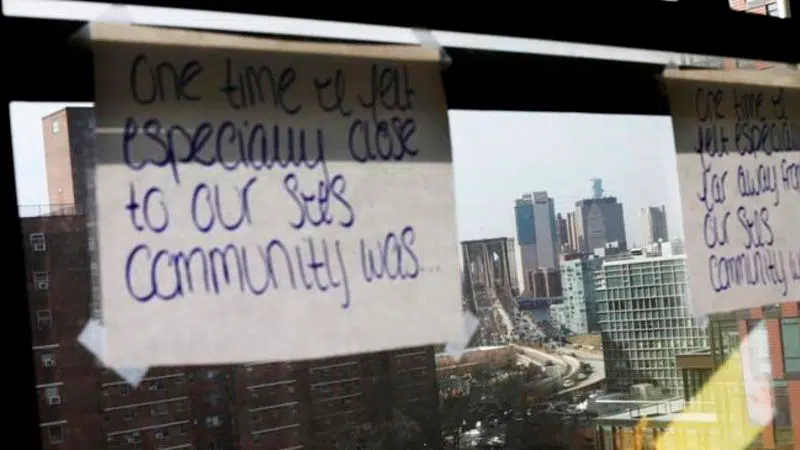
R. Kelly case spotlights abuse of girls in the era of #MeToo
NEW YORK — The girls, a dozen of them 15 to 18 years old, file into a conference room in a downtown Brooklyn office building, taking seats in chairs carefully arranged in a circle. On the floor in front of them is a makeshift altar of comforting objects: A string of Christmas lights, plastic toys and dolls, oils and crystals, a glitter-filled wand.
They arrive at the end of a school day in their usual hoodies and jeans, their smiles and easy banter masking the painful experiences that bring them together: This group is called “Sisters in Strength,” and its members are survivors of sexual violence, or their allies and supporters.
There’s a high school senior who describes being raped at 14, by a family friend she considered a big brother. She endured years of anger and isolation before seeking help. Writing poems is part of her healing process. Soon after the assault, she scrawled in a notebook: “Did you not hear my screams? The screams I vocalized at the top of my lungs, burying my voice ten feet under.”


